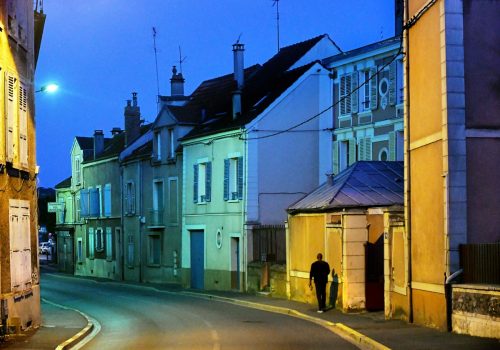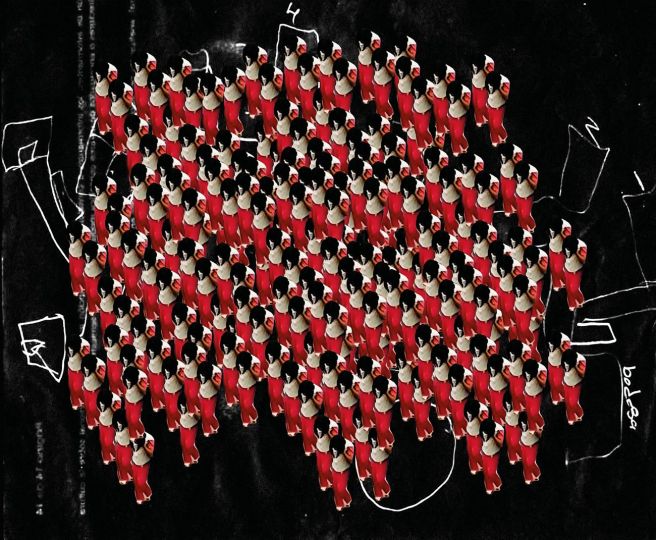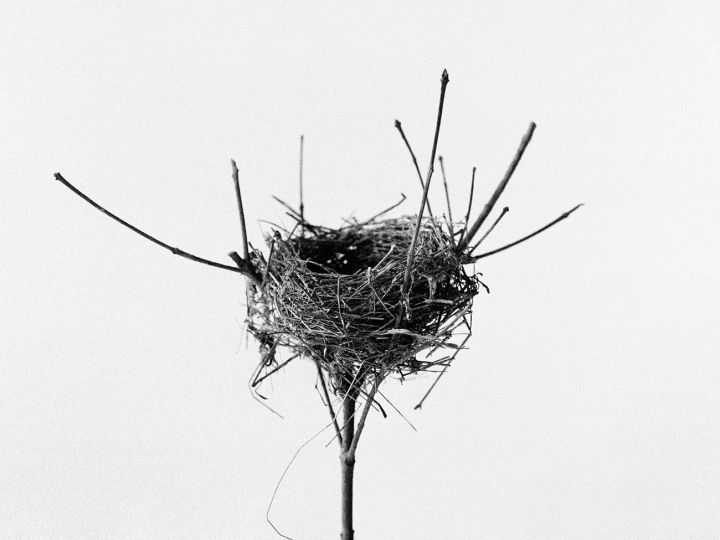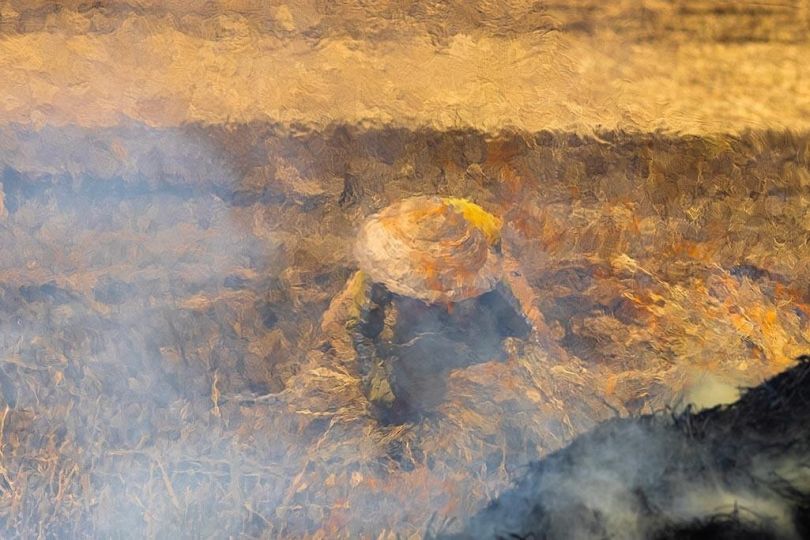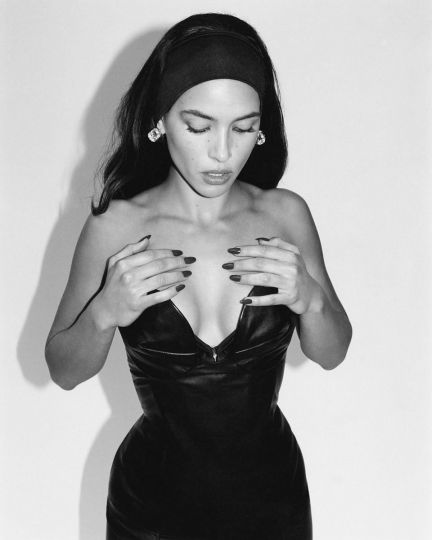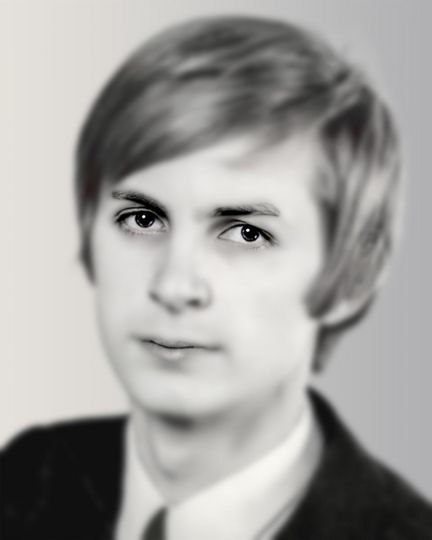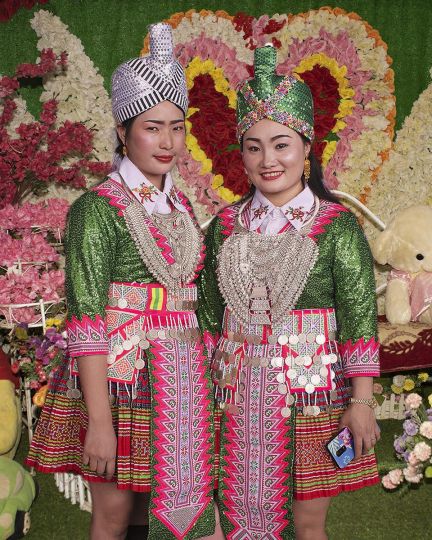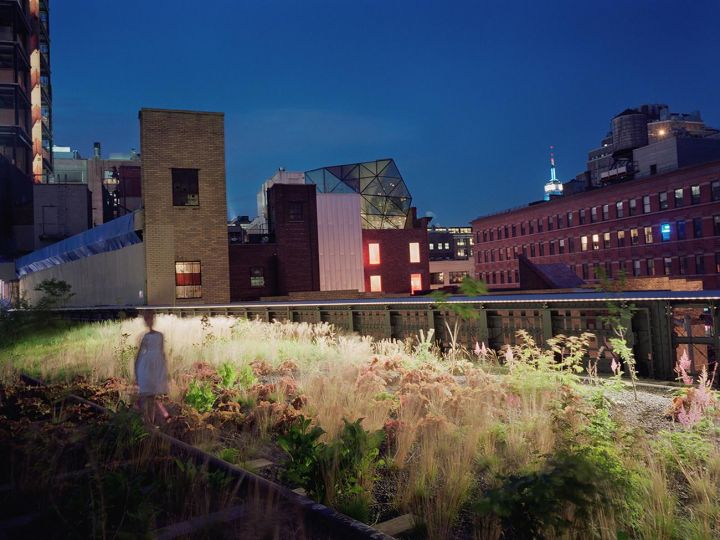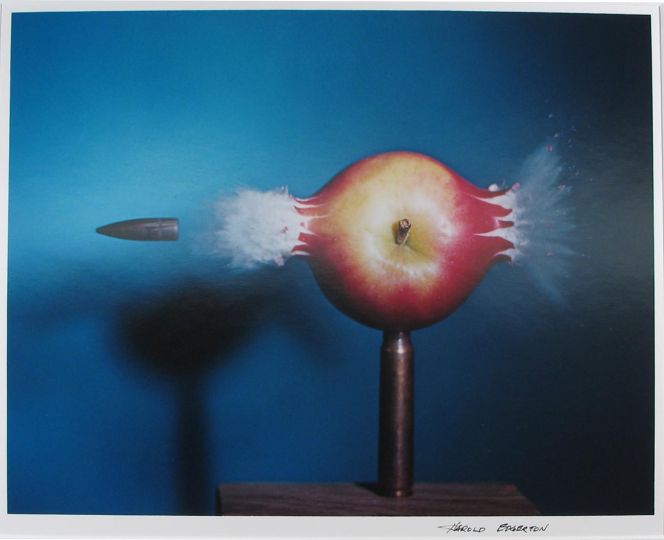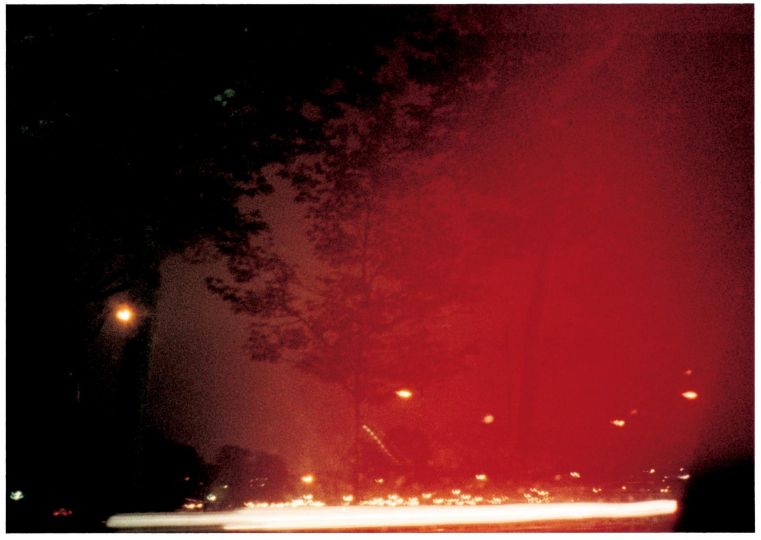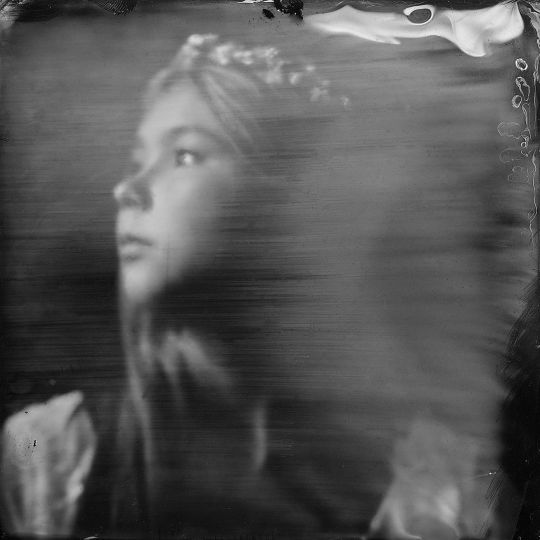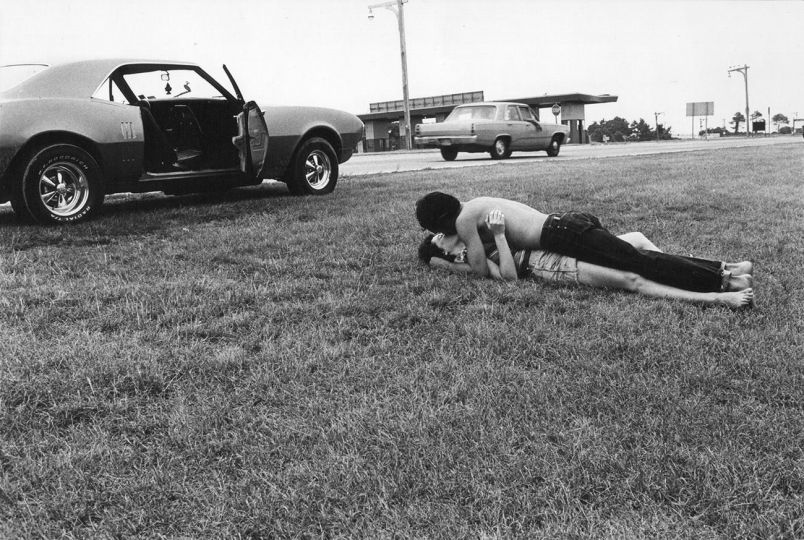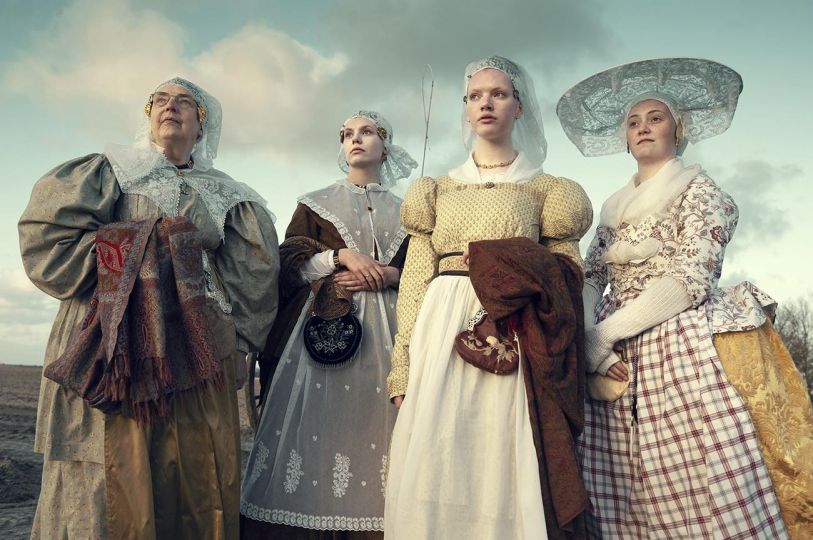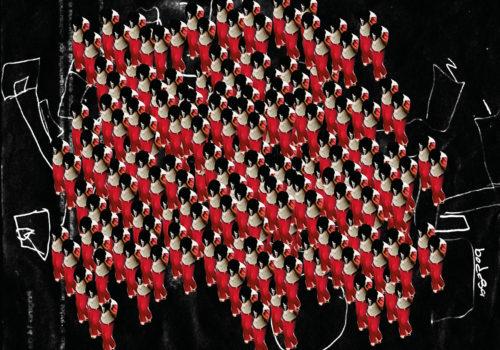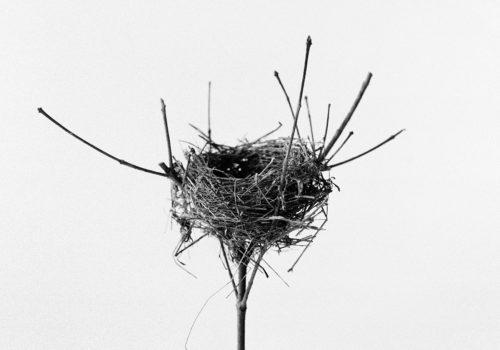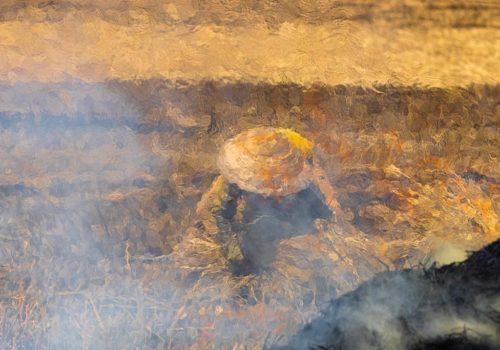“The city fell asleep
And I forgot the name
On the river upstream
A corner of the sky was burning”
This song by Jacques Brel haunted me during my stay in Corbeil-Essonnes. In the final album, it is aside the song “Orly”, strange coincidence, right? It may be because of Orly and Brel, that I immediately saw Corbeil-Essonnes as a mysterious and romantic city where reigns a sweet and disturbing strangeness. Its name sounds familiar but its geography remains an enigma. Corbeil-Essonnes is a little nowhere, the city floats in an in-between indefinite, neither really poor, nor really residential, nor enclaved, nor opened up, nor industrial, nor deindustrialized …
During my stay and multiple wanderings (I walked the entire town on foot), Corbeil-Essonnes appeared to me as a typical and fundamentally French city. A contemporary France in miniature, both architecturally and humanly. At each visit, I felt I was traveling, I felt like a foreign tourist, an Anglo-Saxon who faced a french town today. Why this feeling? I cannot explain it rationally or scientifically, it’s a visual feeling above all else. In Corbeil-Essonnes, with my camera, I felt like I was in a film by Claude Chabrol, where you feel a French reality vibrate daily. I loved the banks of the Seine, the elegance of swans on the river and the incessant ballet of trucks on the Paris Apport. I loved the melancholy of facades sumptuously abandoned and the vestiges of the industrial past. I liked the atmosphere of the market and the bars around it, which regularly enliven the city center. I liked the different climates that followed, the snow, the flood of the Seine, morning fog, sunny Sundays and end of day from the bridge of the Patton-Army. I enjoyed talking with those who wandered around the many parks, walking their dogs or feeding ducks every night. My photos are the chronicle of a year of observation, they testify to what really, I believe, is the identity of a territory. In Corbeil-Essonnes, I worked as a writer, a visual writer … Far from the various facts and jolts of the news, in this long period which, alone, makes it possible to seize the small fleeting traces of everyday life and to shoot an authentic story. Not to mention that photography never shows reality, or truth, but an idea of reality. And it’s already a lot …
Jean-Christophe Béchet – Frenchtown, The city fell asleep and I forget the name
Festival Photographique l’Œil Urbain
April 5 – May 19
Corbeil-Essonnes

